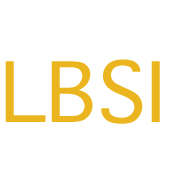
Choose Your Future
Time to pull out our crystal balls. Let’s look into the future. Twenty years hence. Look at all the things you’ve accomplished.
Is that project you were so intent on finishing done? Did you start it or did you let the excuses you usually fall back on get in the way? Don’t say you don’t know what will happen in twenty years. It’s easy to surmise. Your present is an extension of your past. Your future in turn is an extension of your present.
How do you spend your days now?
How do you spend your time now? Do you plan for your future or leave to it to another day? Are the accomplishments you say you want to achieve real or are they just words? If they’re just words then go ahead and keep talking. If however they are things you actually want to do and you’re not already in the process of accomplishing, what’s stopping you?
All the fears
Fear takes up so much space in our lives. We all know about the fear of failure and the fear of success. What about the fear of missing out? That’s the fear of missing out on the end of that Netflix series you suddenly got so invested in. Or the fear of missing out on time with friends. How about the fear of missing out on leisure time? Another name for that one is laziness.
So that’s present you and all your reasons for not getting on with whatever grand plan you have for the future. Now let’s go back to twenty years in the future you staring into the crystal ball. What are you going to say to present excuse making you?
You will say, success or failure, the fears of doing were always greater than the actual doing. Along with that you will say you don’t remember or care about whatever you were wasting time with in the past, but you do care about the things you didn’t manage to accomplish. You will tell yourself you wish you expected better of yourself when you had a chance to follow through on your goals.
Use every day to make your future self proud. Looking into the crystal ball twenty years from now the words you want to be saying are, “Well done.”



